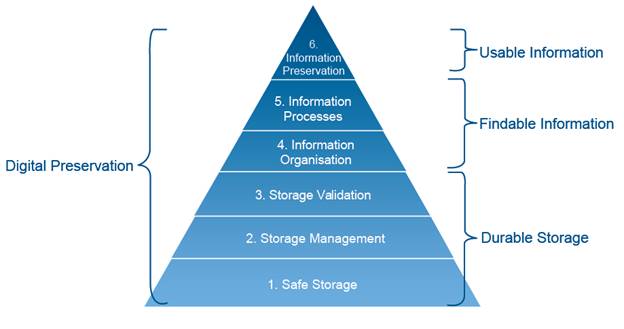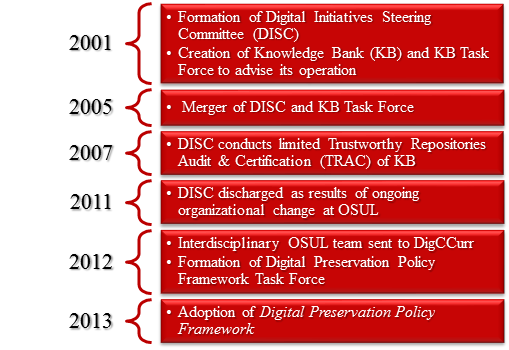Dear all...
 An offline storage for semi current records is quite a boom nowadays in Malaysia. Many international, multinational companies and few local companies offer such services. The name like Regalia, Recall, Crown Records Management, Dataworks Management, Prism, Allied Pickfords, Sure Reach and many others are common nowadays. Since records are created daily and there are volumes of records in store and lack of space in the creating agencies, make possible for possible alternative to keep records in an offline storage provided by private sectors.
An offline storage for semi current records is quite a boom nowadays in Malaysia. Many international, multinational companies and few local companies offer such services. The name like Regalia, Recall, Crown Records Management, Dataworks Management, Prism, Allied Pickfords, Sure Reach and many others are common nowadays. Since records are created daily and there are volumes of records in store and lack of space in the creating agencies, make possible for possible alternative to keep records in an offline storage provided by private sectors.
 More so with lack of manpower, high initial investment to develop own storage complied with records management requirement and necessary acts in Malaysia, under capacity to employ human resources specialized in records though such resources are abundantly available now then before, such developing, providing and offering such services are very much challenging. There are huge market demand and great potentials which yet to be explored.
More so with lack of manpower, high initial investment to develop own storage complied with records management requirement and necessary acts in Malaysia, under capacity to employ human resources specialized in records though such resources are abundantly available now then before, such developing, providing and offering such services are very much challenging. There are huge market demand and great potentials which yet to be explored.
I was recently invited and had the chance to help a local Malaysia-Bumiputera company to set up and provide such services. It is very interesting to note that, initial investment and cost to develop such offline storage and records services are expensive. Fulfillment of technical requirement is also complex and tedious though it is not impossible to take up such challenge.
 In the light of the above introductory statement, I might say that this post is based on the observation and experience faced during such encounter and I wish to share with the readers my views and observation in the process of consulting and assisting few local companies to develop such services. It is going to be brief and simple explanation.
In the light of the above introductory statement, I might say that this post is based on the observation and experience faced during such encounter and I wish to share with the readers my views and observation in the process of consulting and assisting few local companies to develop such services. It is going to be brief and simple explanation.
Developing off site storage
Developing an off site storage is very much dependent on several contributing factors; management wills, capacity and capability;
- High initial cost of investment
- Complex fulfillment of technical requirement
- Specialized manpower in records management
- Space and building
- Complete and integrated standard operating procedure (SOP)
- Documentation and workflow
- Compliance and fulfillment of requirement by regulatory body (Arkib Negara Malaysia)
 It is interesting to note that an off site storage is not necessarily a records management off site storage. An off site storage is just an off site storage. An organization may send their records to be stored by off site storage providers, with boxes and necessary documentation and they charge for their service at certain amount. That is all.
It is interesting to note that an off site storage is not necessarily a records management off site storage. An off site storage is just an off site storage. An organization may send their records to be stored by off site storage providers, with boxes and necessary documentation and they charge for their service at certain amount. That is all.
While a records off site storage is different from a common off site storage in terms of:
- records keeping practices - which includes SOP, documentations, workflow, appraisal, disposal, retention schedule, security and access, retrieval, arrangement and description
- Treatment to records - preservation, records care
- Control of environment - technical implementation - boxes, files cover, space, storage administration and arrangement
- Compliance to Official Secret Acts (1972) Act 88, National Archive Act 2003 and other related acts
It is very important to note that, many people are confused to the term and implementation of "off site storage" and its differences with "offsite records storage". Thinking that an off site storage is also/similar to off site records storage could bring many risks to organization for instance; violating the existing government act if such records belong to Government of Malaysia and its agencies in term of access and security (secrets). To contain such issues, Arkib Negara Malaysia-National Archive of Malaysia (the regulating body in Malaysia) has imposed a license for companies offering off site records storage. If providers don't fulfill the requirement, they are not allowed to offer off site records storage to public, government agencies and government related companies.
"WE CREATE, WE KEEP AND WE SERVE THE RECORDS"
to be continued.....dont forget to shed some feedbacks and comment in COMMENT BOX-thanks!
28 January 2015
7.45am







